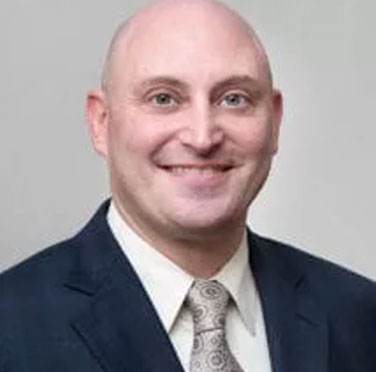
Truck Drivers with Sleep Apnea Pose Danger to Public
The Federal Railroad Administration and Federal Motor Carrier Safety Administration said late last week that they are no longer pursuing the regulation that would require testing for the fatigue-inducing disorder that has been blamed for deadly rail crashes in New York City and New Jersey and several highway crashes.
The agencies argue that it should be up to railroads and trucking companies to decide whether to test employees. One railroad that does test, Metro-North in the New York City suburbs, found that 11.6 percent of its engineers have sleep apnea.
The decision to kill the sleep apnea regulation is the latest step in President Donald Trump’s campaign to drastically slash federal regulations. The Trump administration has withdrawn or delayed hundreds of proposed regulations since he took office in January — moves the Republican president has said will help bolster economic growth.
Late last year, the FRA issued a safety advisory that was meant as a stopgap measure urging railroads to begin sleep apnea testing while the rules made their way through the regulatory process. Without a regulation mandating testing, which would have needed approval from Congress, regulators couldn’t cite trucking companies or railroads if a train or truck crashed because the operator fell asleep at the helm.
Sleep apnea is especially troubling for the transportation industry because sufferers are repeatedly awakened and robbed of rest as their airway closes and their breathing stops, leading to dangerous daytime drowsiness. Treatments include wearing a pressurized breathing mask, oral appliances or nasal strips to force the airway open while sleeping. Severe cases require surgery.
“It’s very hard to argue that people aren’t being put at risk,” said Sarah Feinberg, the former administrator of the FRA, who had issued the safety advisory in December. “We cannot have someone who is in that condition operating either a train going 70 mph or operating a multi-ton truck traveling down the interstate. It’s just not an appropriate level of risk to be exposing passengers and the traveling public to.”
The National Transportation Safety Board said it was disappointed the agencies decided to scrap the “much-needed rule-making.”
“Obstructive sleep apnea has been in the probable cause of 10 highway and rail accidents investigated by the NTSB in the past 17 years and obstructive sleep apnea is an issue being examined in several, ongoing, NTSB rail and highway investigations,” NTSB spokesman Christopher O’Neil said.
The NTSB has long recommended sleep apnea testing for engineers, and Metro-North and the Long Island Rail Road started requiring it after finding the engineer in a 2013 Metro-North crash had fallen asleep at the controls because he had a severe, undiagnosed case of sleep apnea. The engineer, William Rockefeller, told investigators he felt strangely “dazed” right before the crash, which occurred as he sped through a 30 mph curve at 82 mph.
The engineer of a New Jersey Transit train that slammed into a station in Hoboken last September, killing a woman, also suffered from undiagnosed sleep apnea, according to his lawyer.
Senate Minority Leader Chuck Schumer said he will push the federal agencies to reconsider withdrawing the proposed regulation.
“We know from recent examples that if there had been testing for sleep apnea there would be people alive walking the face of the earth today who are not, unfortunately, because the engineer had sleep apnea,” he said Tuesday at a news conference on Long Island.
When asked by The Associated Press in a separate interview about the government’s contention that businesses could enact their own testing policies, the New York Democrat said: “Tell that to the families of the people who died in Spuyten Duyvil,” referring to the neighborhood where the Metro-North train crashed in 2013, killing four people.
Train engineers are currently required to undergo vision and hearing testing at least every three years. Some railroads require annual physicals, but there are no federal standards for comprehensive medical exams. Many of the largest passenger railroads, including Amtrak, require engineers to undergo sleep apnea screening.
The Association of American Railroads, an industry group, said railroads are continuing to take steps to combat worker fatigue, including confidential sleep disorder screening and treatment.
Marc Willis, a spokesman for the FRA, said the agency sought information from the public about sleep apnea and “believes that current railroad and FRA safety programs sufficiently address this risk.”
Feinberg said that isn’t sufficient and the government shouldn’t rely on industries regulating themselves.
A notice posted in the Federal Register said the Federal Motor Carrier Safety Administration would consider updating a 2015 bulletin to medical examiners about the physical qualifications standard and respiratory dysfunction.



